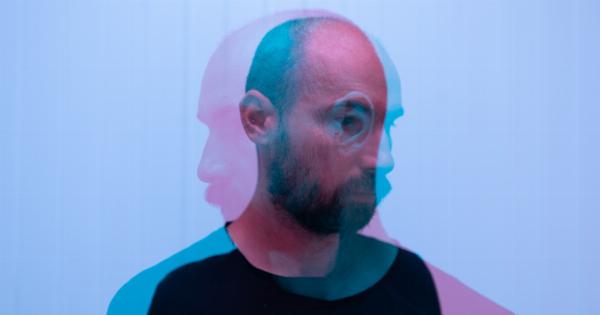A stroke occurs when the blood flow to the brain is interrupted and can lead to serious mental and physical consequences.
Therefore, stroke patients are at high risk of developing a range of psychological disorders and often suffer from depression, anxiety, and other emotional problems in the weeks and months after the event. However, what many people don’t realize is that the risk of developing psychological issues after having a stroke can continue for years after the initial event, with some conditions only becoming evident after one year or more.
Post-Stroke Depression
Depression is one of the most common psychological conditions that follows a stroke. It is estimated that as many as 30-50% of stroke patients will experience depression at some point in the first few months following the event.
However, depression is also a condition that can linger, with some patients struggling with depression for over a year following their stroke. In fact, some studies have shown that around 1 in 5 stroke patients will still suffer from depression a year or more after the initial event.
Post-Traumatic Stress Disorders
Post-traumatic stress disorders (PTSD) can also occur after a stroke.
Although more commonly associated with traumatic events such as war or serious accidents, PTSD can also develop in response to a stroke, particularly if the patient experiences ongoing issues with their physical or mental health following the episode. Symptoms of PTSD include intrusive memories, avoidance behaviors, and hyper-arousal, and can have a significant impact on an individual’s quality of life and ability to cope in the aftermath of a stroke.
Generalized Anxiety Disorders
Generalized anxiety disorders (GAD) can also arise in stroke patients, particularly if they experience ongoing health problems, such as ongoing pain or reduced mobility.
GAD is characterized by excessive and uncontrollable worry about everyday situations, and can cause symptoms such as restlessness, irritability, and difficulty sleeping. This condition can be highly debilitating, and can severely impact an individual’s ability to live a normal life.
Coping with Psychological Conditions Following a Stroke
If you or someone you know has experienced a stroke and is struggling with the ongoing psychological effects of the event, it is important to seek help from a qualified mental health professional.
Some effective treatments for post-stroke psychological conditions may include talk therapy, medication, and lifestyle changes to reduce stress and improve overall mental wellbeing.
Additionally, there are numerous organizations and support groups available to help stroke patients and their families cope with the aftermath of a stroke.
These organizations provide a supportive environment for individuals to share their experiences and connect with others who are going through similar challenges.
Conclusion
Stroke is a serious medical event that can have lifelong physical and mental effects.
While many individuals are aware of the initial psychological effects, such as depression and anxiety, that can follow a stroke, it is important to recognize that these conditions can linger for a year or more following the event, and that additional conditions, such as PTSD and GAD, can also arise. The key to managing these psychological effects is to seek help from a qualified mental health professional and to access the resources and support provided by stroke organizations and support groups.























